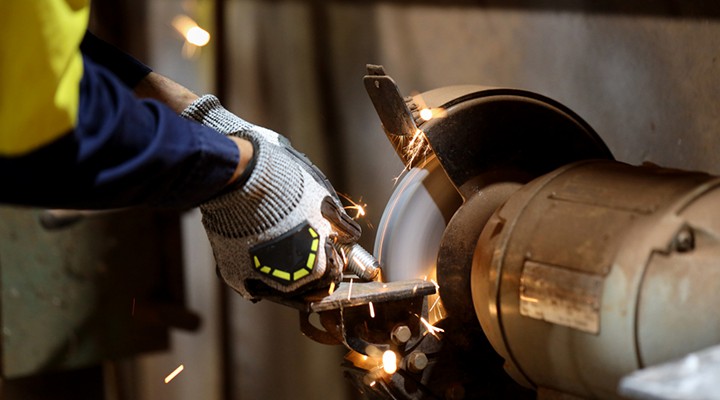


 349,500 Offered Certificates
349,500 Offered Certificates
 24/7 Online Training
24/7 Online Training
 Money Back Guarantee
Money Back Guarantee
 Fully Accredited Courses
Fully Accredited Courses

Created at: 22-02-2025 22:19
Abrasive wheels are crucial tools utilized across various industries, including construction, manufacturing, and engineering. These wheels are designed for grinding, cutting, and shaping materials by removing surface material quickly and efficiently. While they are invaluable in numerous applications, the inherent nature of abrasive wheels also poses significant safety risks if not handled correctly.
Abrasive wheels consist of a composite material usually made from a combination of abrasive grains and a binder. They can vary in grit size, width, and overall diameter, making them suitable for different types of tasks, from metal cutting to concrete grinding.
Despite their utility, abrasive wheels come with a set of risks:
Proper training in the use of abrasive wheels is not just a recommendation but a necessity. In Ireland, compliance with safety standards is critical. Certification ensures operators understand:
In Ireland, the use of abrasive wheels must comply with relevant workplace safety regulations. Employers are required to ensure that:
To mitigate risks associated with abrasive wheels, follow these safety guidelines:
The following best practices can help reduce the likelihood of accidents when using abrasive wheels:
Bearing in mind the risks and safety standards, investing in abrasive wheels training is essential for all operators—whether in Dublin, Cork, Galway, or Limerick. Consider enrolling in a Certified Abrasive Wheels Course Dublin or an Abrasive Wheels Course Ireland to ensure compliance and prioritization of safety.
Understanding what abrasive wheels are, recognizing their associated risks, and receiving proper training is vital for maintaining a safe working environment. Ensure you and your team are well-trained and equipped with the knowledge to prevent accidents in the workplace.
For further information, queries, or training advice, contact us at [email protected].